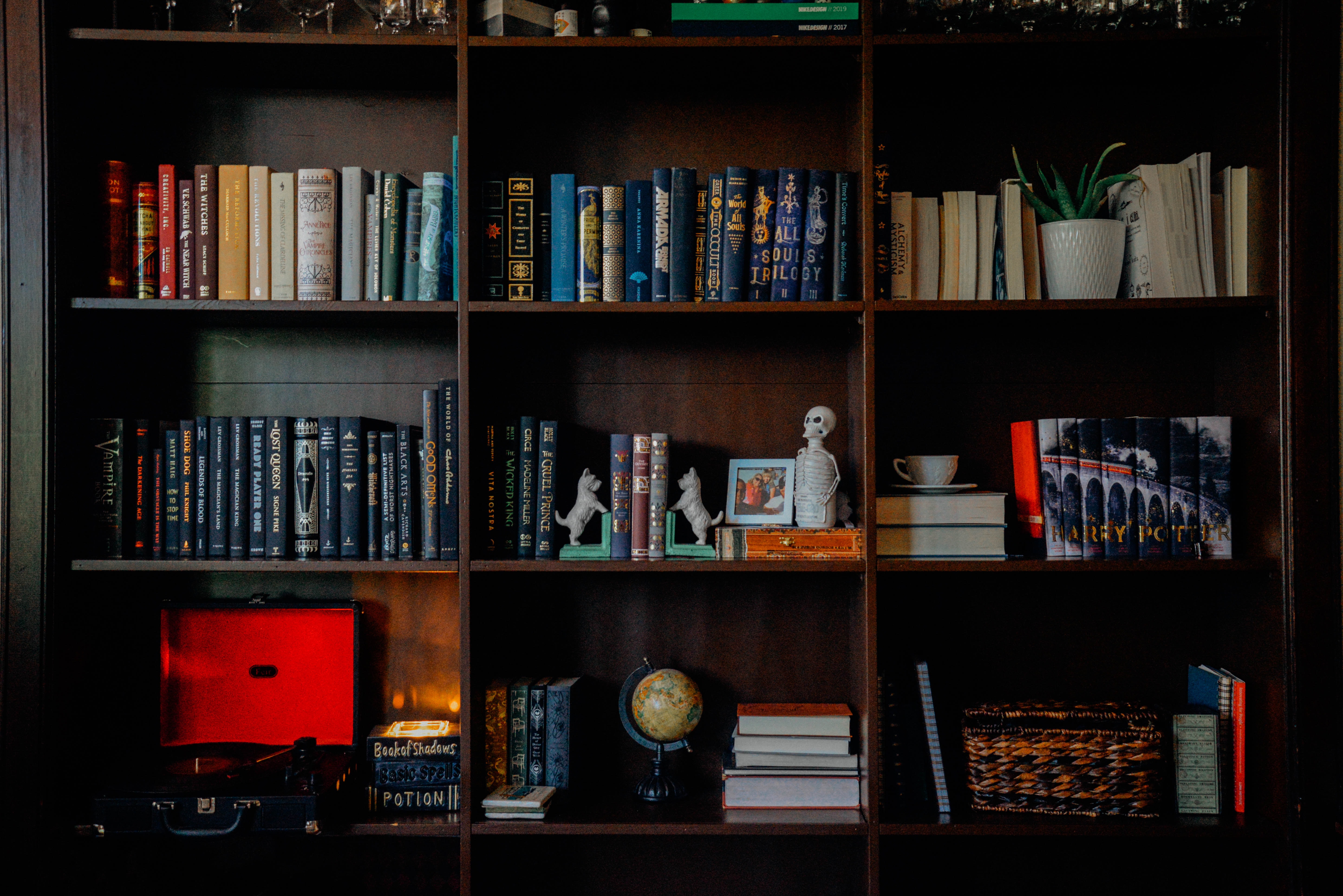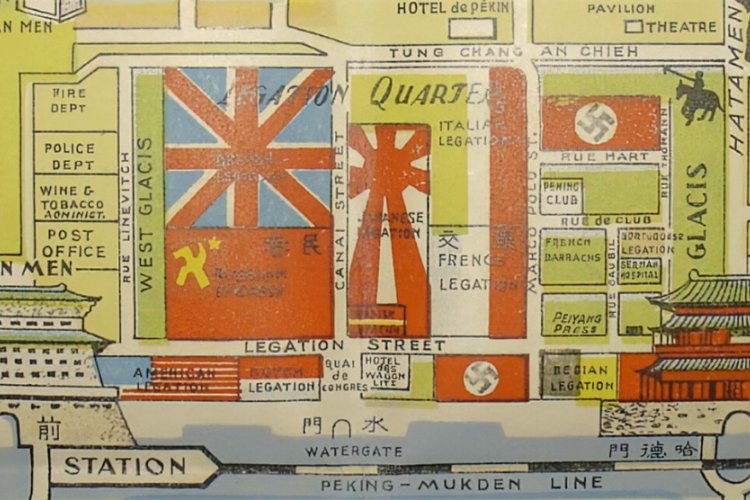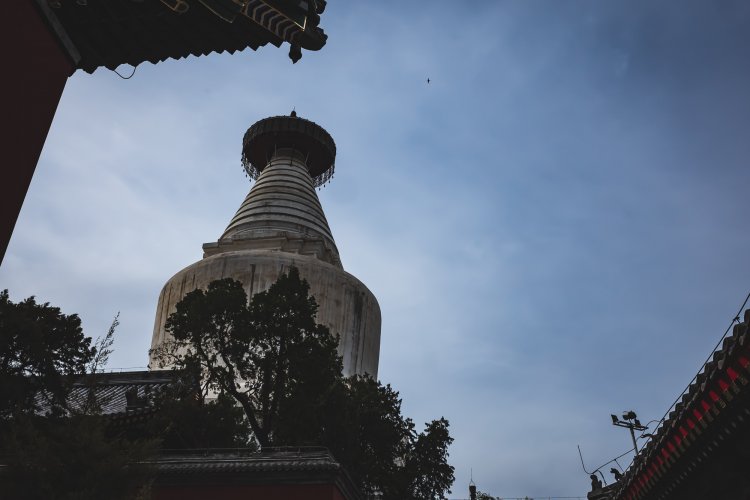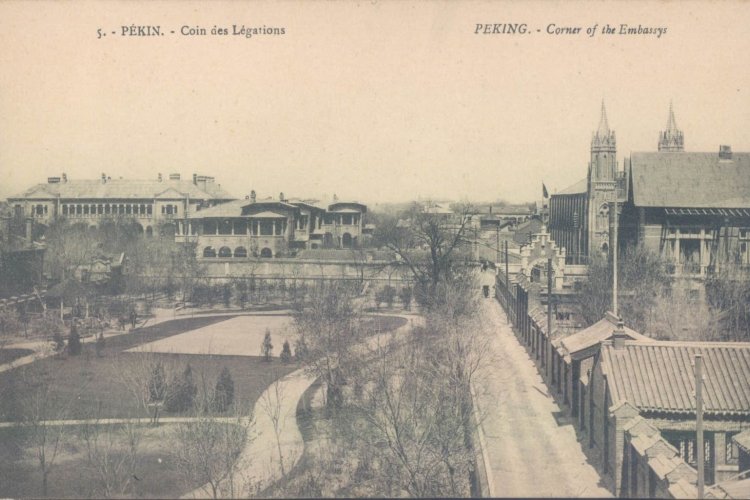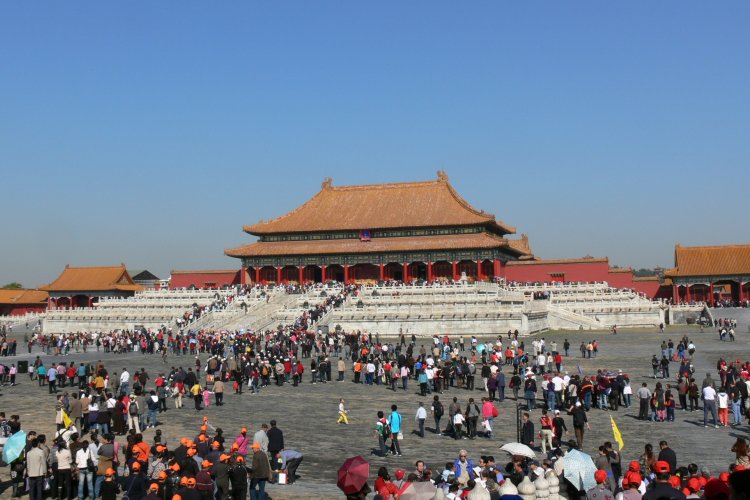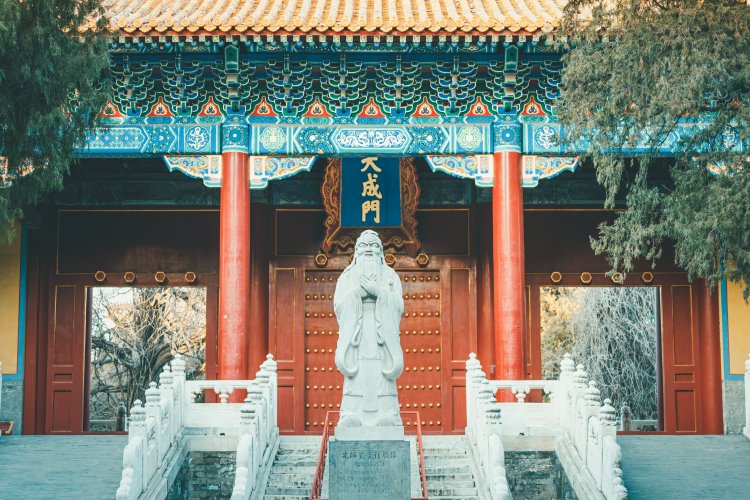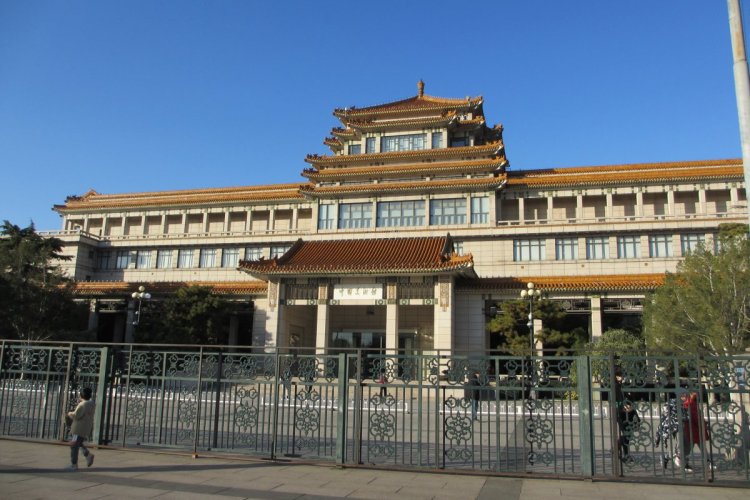Weekend Walk: Literary Strolls through Old Peking
Despite the end of the holiday and the loss of a weekend due to make-up work days, that can't stop the history enthusiast or the intellectually curious from wandering old Peking from the comfort of their couch, be it after clocking out or on weekends to come.
There is no shortage of dishy memoirs, gossipy novels, and tales of Lao Wai behaving badly set in the period between 1912 and 1949. Here are some recommended books written by expatriates that will take you back to the days when the city was home to scholars, spies, sojourners, swindlers, and adventurers. We know it can be hard to buy specific books here in Beijing, so we’ve only included books available for e-readers.
Even in 2022, their sense of ennui mixed with fascination mixed with frustration mixed with adventure may even feel familiar to expatriates of more recent vintage. Replace the rooftop dancefloor of the Grand Hotel de Pekin with “Dada” and the bar at the Nord Hotel with “Jing-A,” and diarists from days passed can seem more like kindred spirits: The guy who loves China a little too much. The dude drinking at the bar who has been in China just a little too long.
The young person teaching English and looking to find themselves. The wannabe journalist. The guy who arrived 20 years ago to finish his dissertation and somehow is still here, still working on it, and doesn’t seem in much of a hurry. The shady middle-aged dude teaching at your school that never talks about his life before 2013. The career China hand. The guy who claims to be in thick with the government and is willing to sell his access. The wannabe artist. The actual artist. The person who never seems to have a job, yet somehow has a visa and always has enough money to go out every weekend. Yep. They are all here. Enjoy.
Midnight in Peking: How the Murder of a Young Englishwoman Haunted the Last Days of Old China by Paul French

The classics are classics for a reason. If you haven’t read Paul French’s haunting account of the Pamela Werner murder in 1937, this is a good place to start your reading adventures in Old Peking. If you’ve already read Midnight in Peking, check out two other recent projects by French, Destination: Peking, his 2021 collection of biographical vignettes, and Peking Noir, a true-crime docudrama about the secrets of a Russian refugee who ran the Peking underworld in the Republican period.
Peking Dust: China's Capital During World War I by Ellen La Motte

Ellen La Motte was a force of nature. She was a nurse in World War I (an experience she wrote about in the amazing The Backwash of War), confidant of Gertrude Stein, and an outspoke opponent of the opium trade. After serving in Europe, La Motte arrived in China with her partner, the American heiress Emily Crane Chadbourne, and wrote Peking Dust, one of the best accounts of life in Beijing during the late 1910s. She immersed herself in the city, from Legation Quarter dinner parties to exploring temples in the outer regions. Do yourself a favor and spend an afternoon in the company of this remarkable woman.
The Years that were Fat, Peking 1933-1940 by George Kates

American writer George Kates arrived in Beijing in the 1930s and immediately fell in love with the city. He became one of the original Dongcheng hipsters, bragging to anyone who would listen about his hutong courtyard without plumbing, electricity, or wooden floors. Kates’ devotion to Chinese culture would be gently mocked by his neighbor and fellow Chinese culture enthusiast Harold Acton in the latter’s wickedly funny send-up of laowai life Peonies and Ponies.
Sadly, Acton’s novel is not available in electronic form, otherwise this would be at the top of our list.* Kates’ memoir, The Years that Were Fat, is one of the most evocative accounts of expatriate life in Beijing in the period just before World War II. Sadly, in later life, Kates also became an example of another familiar expat archetype: The dude who realizes only after he leaves that “I’m a guy who lives in a Beijing hutong and won’t stop talking about it” is still a (slightly) cooler conversation starter than “I’m the guy who used to live in China and won’t stop talking about it.”
*Peonies and Ponies is not the only excellent book to miss the list due to its lack of easy availability in China. Peking Picnic by Ann Bridges (the pen name of Lady O’Malley Mary Ann Dolling Sanders, whose husband worked at the British Legation) is a novel that, like Peonies and Ponies and Silhouettes of Peking, has characters based on thinly disguised portrayals of the author’s friends and neighbors. Also sadly left off the list are two books by the German photographer Hedda Morrison (born Hedda Hammer), who took thousands of images of life in Beijing during the 1930s and 1940s. You can find a collection of Hammer’s photographs online here.
Peking Story: The Last Days of Old China by David Kidd

American writer David Kidd experienced Beijing as it was transformed from an occupied city to the new capital of the People’s Republic of China. Like his generational predecessor Kates, Kidd was enamored of the place and its people, “Peking was everything I expected it to be,” Kidd wrote in his memoir, Peking Story.
“A great walled and moated medieval city enclosing some one million people in twenty-five square miles of palaces, mansions, gardens, shops, and temples, the center of what once had been the world’s largest empire. I never met anyone who did not fall in love with the city, if not at first sight, at least after the first week.” His time in Peking would be cut short by paranoid party members and growing geopolitical tensions (ahem), but he managed to have a good time while he was here.
Dance with the Dragon: The Vanished World of Peking's Foreign Colony by Julia Boyd

Terrible title, but a great book. Like Destination Peking, Dance with the Dragon is a recent collection of biographical sketches looking at the international community of Beijing between 1900 and 1949. George Kates, Harold Acton, and Hedda Morrison are included, as are the philosopher Bertrand Russell, explorer Sven Hedin, Peter (brother of Ian) Fleming, and Rabindranath Tagore. Cocktails, intrigue, colonialism, casual sex, not-so-casual drug use, and cultural looting were some of the many hobbies enjoyed by Beijing's foreign community in the ribald days of the Republican era.
About the Author
Jeremiah Jenne earned his Ph.D. in Chinese history from the University of California, Davis, and taught Late Imperial and Modern China for over 15 years. He has lived in Beijing for nearly two decades and is the proprietor of Beijing by Foot and organizes history education programs and walking tours of the city which are deeper dives into the route and sites described here.
READ: A Few Chinese Tabletop Games to Learn Over Break (or Lockdown)
Images: Loren Cutler (via Unsplash), Amazon.com

